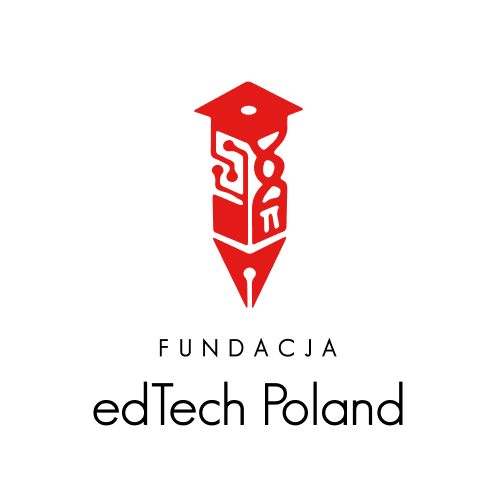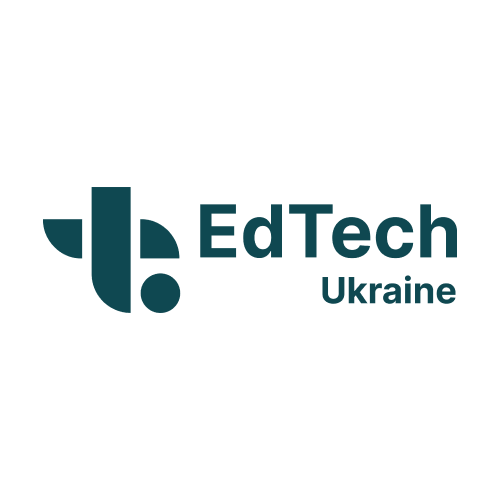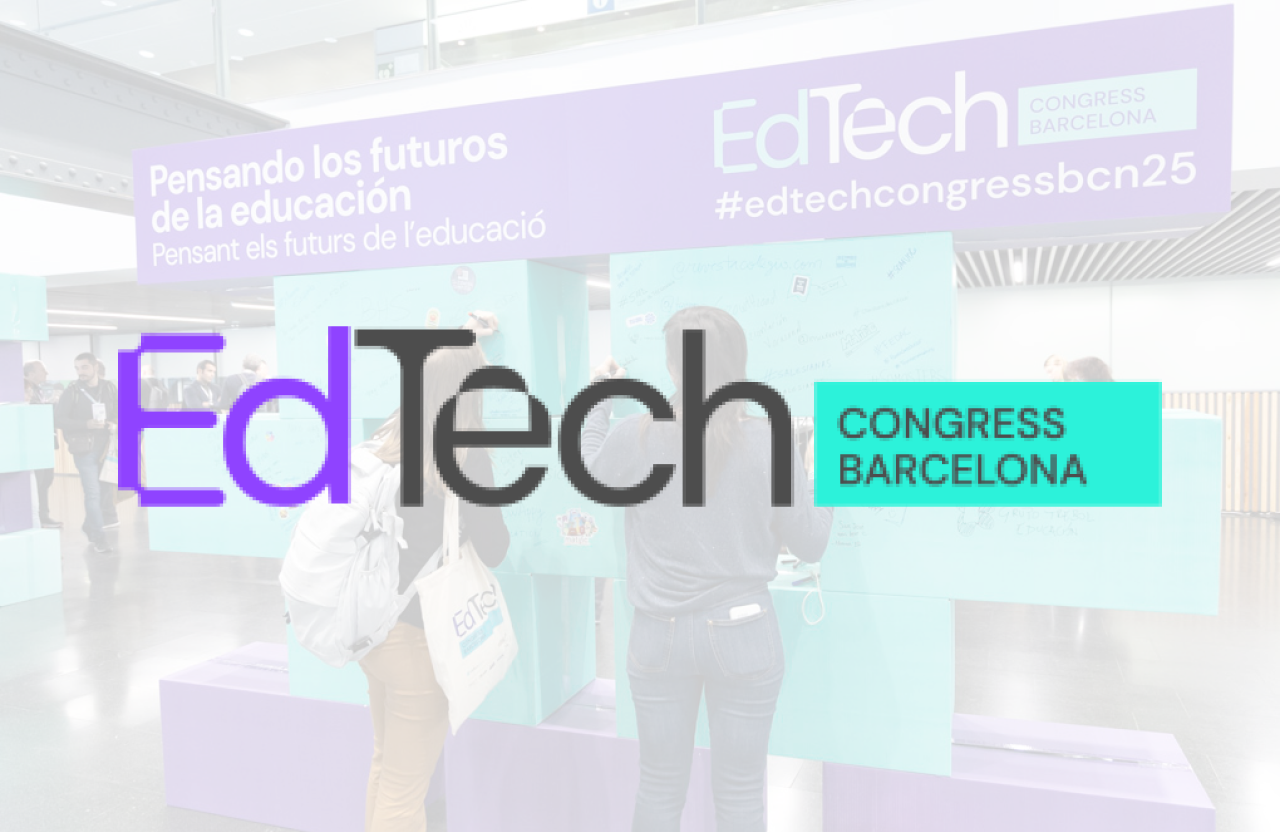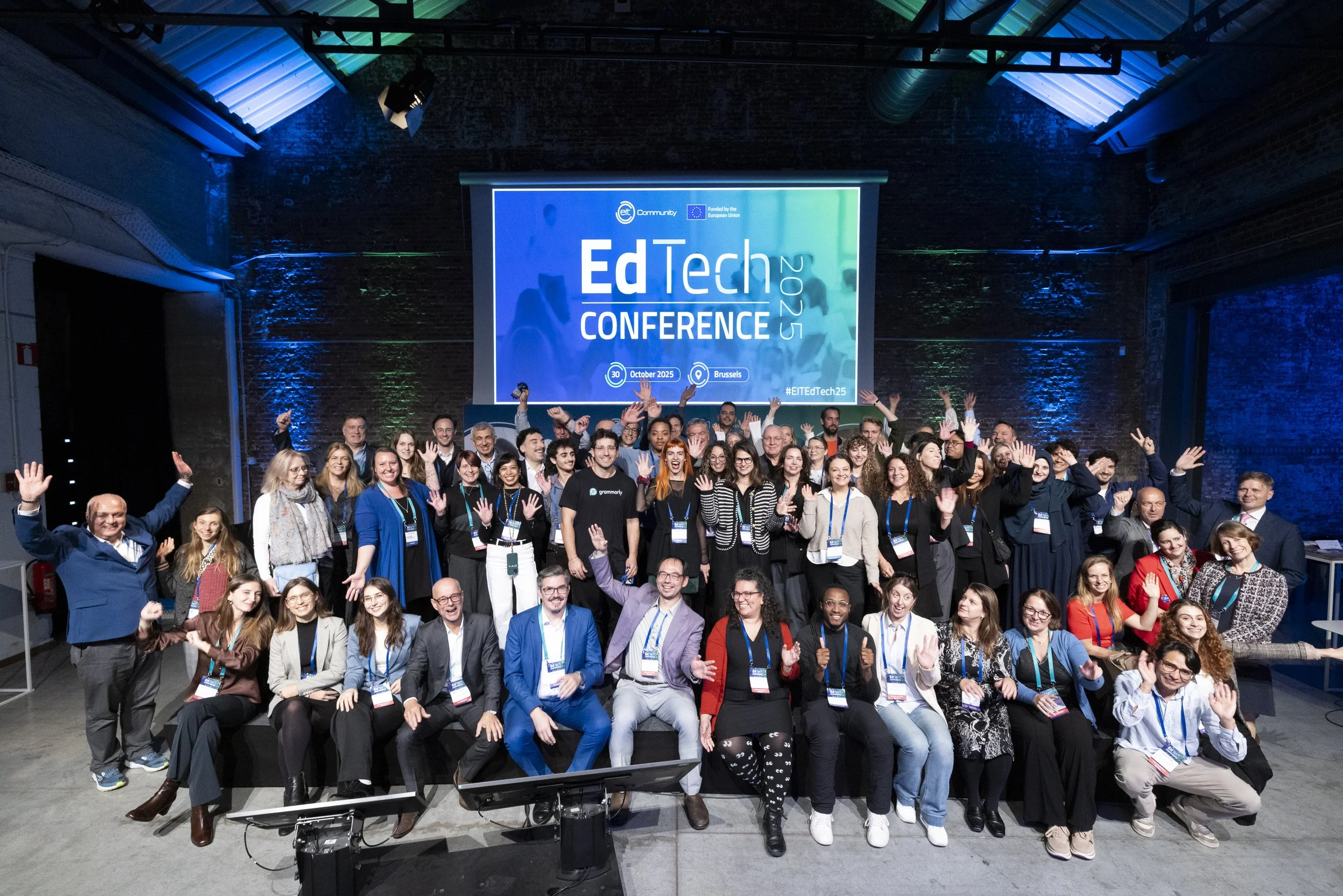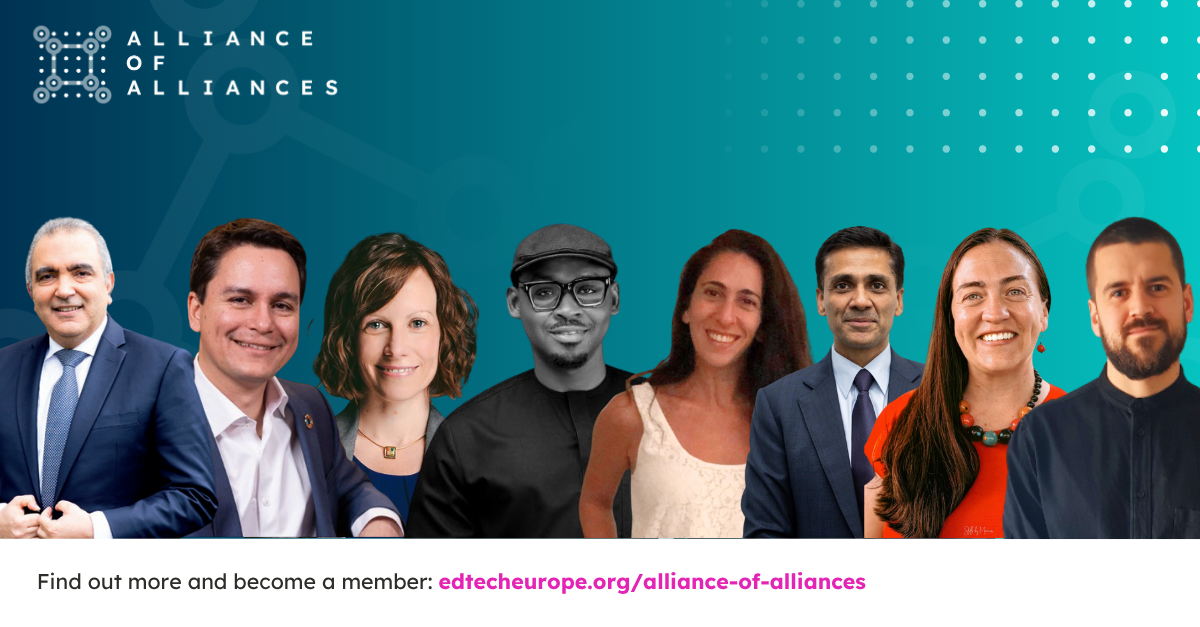Connecting the European EdTech Ecosystem

The European EdTech Alliance (EEA) is a non-for-profit consortium of national EdTech associations and innovation clusters working with founders and providers of education technology (EdTech) to support the growth of the sector across Europe and beyond.
Formed in 2019, the Alliance represents over 2,600 EdTech organisations in nearly 30 countries. Its members meet regularly to exchange insights, compare policy and market developments, identify shared challenges, and highlight emerging opportunities.
The EEA fosters collaboration, transparency, and coordinated action across the European EdTech ecosystem, linking national contexts to a broader, evidence-informed vision for digital education.
Mission
The EEA aims to support the domestic and international growth of digital education and the innovation ecosystem it represents. We are dedicated to connecting the needs of the ecosystem with sustainable possibilities for innovation by initiating and participating in cross-border learning exchanges.
A Neutral Partner
EEA members and partners share best practice, compare research, identify development and policy needs, discuss common challenges and concerns, and explore areas of opportunity and innovation. We develop neutral solutions to nurture cooperation across our respective internal markets and to strengthen digital education globally. The EEA always acts as a completely neutral facilitator and connector within the Edtech ecosystem





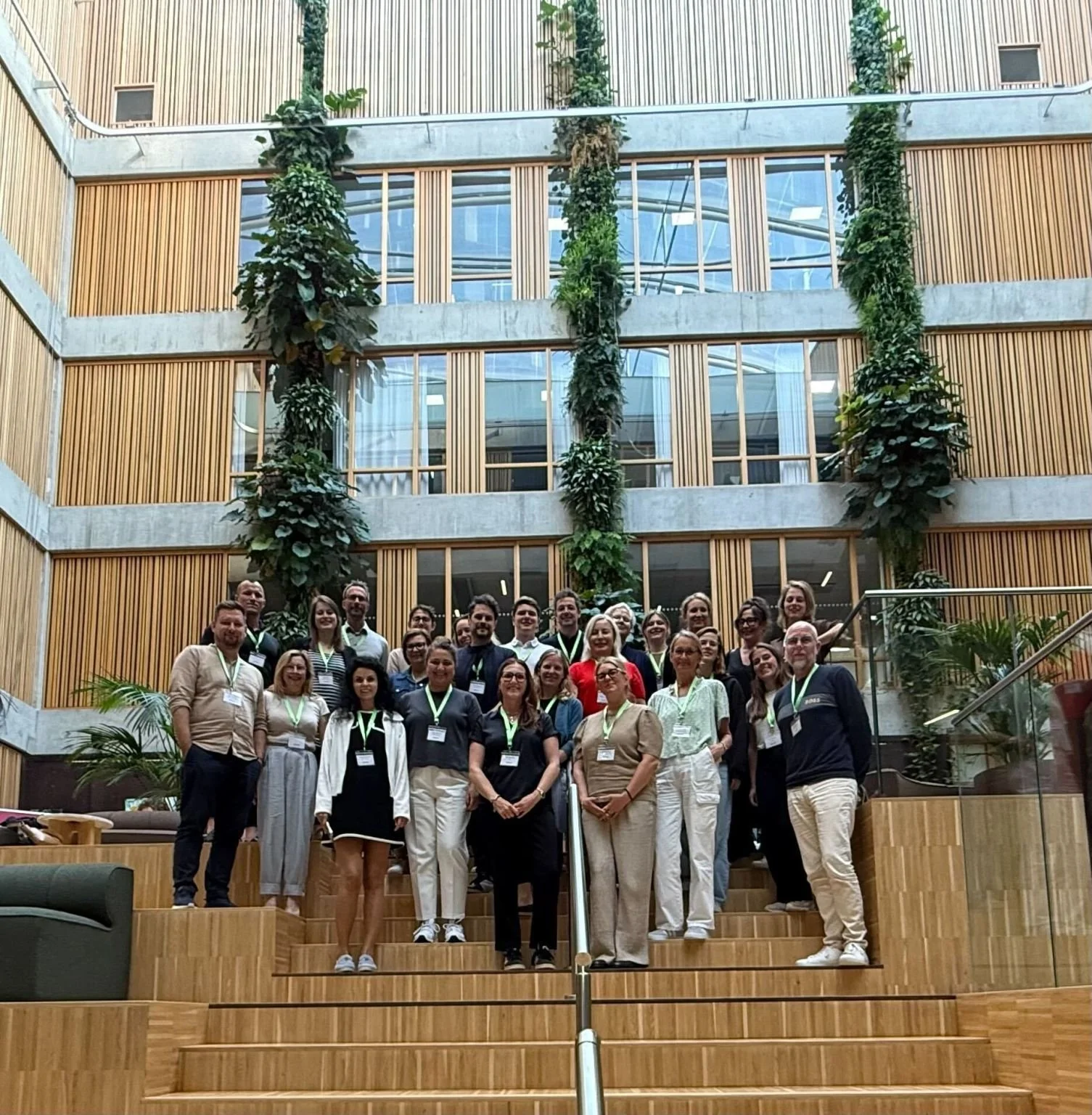
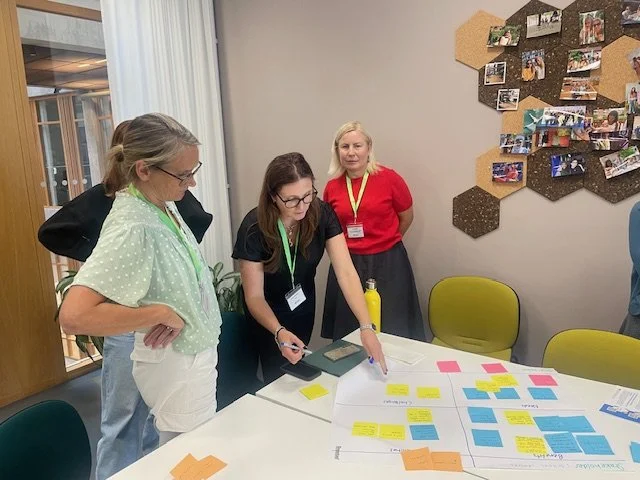









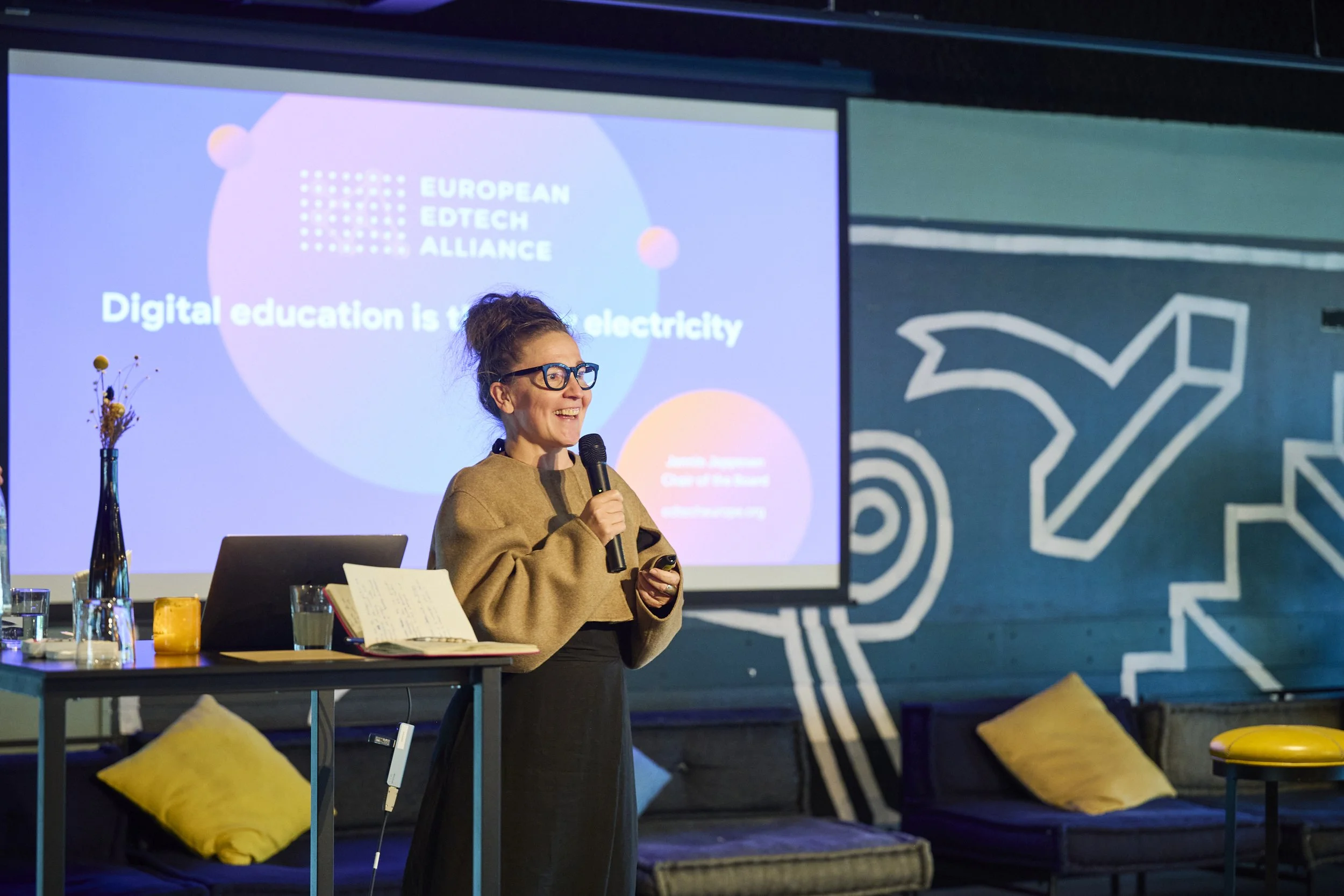




What we do

Our Members

Event Spotlight
Latest News

Latest Publications
-
The European EdTech Startup Ecosystem
The European EdTech Alliance has prepared a summary overview of the European EdTech Ecosystem to highlight how the EdTech sector, home to over 7,800 companies and 400,000 employees, represents one of Europe’s greatest untapped competitive advantages. With powerful data, policy-aligned recommendations, and a roadmap for action, our overview makes the case for placing EdTech at the heart of Europe’s innovation and digital sovereignty agenda.
-
Building Trust in EdTech: Exploring evidence-based approaches
Over the course of a year, the European EdTech Alliance developed and ran the EdTech Strategy Lab project aiming to determine what evaluation processes existed that can support evidence-informed decision-making practices, and whether or not a single, unified framework for evaluation could be a possibility.
To explore these and related challenges, the EEA spent 2024 bringing together diverse stakeholders, from educators and developers to policymakers and researchers, for an open and collaborative discussion about the critical role of trust, evidence, and alliances in the EdTech ecosystem with the aim of finding out more about what trust and evidence mean to key stakeholders.
The final report summarising the responses of participants and our research during the past 12 months is out today - make sure to download it here.
-
The European EdTech Ecosystem Roadmap Report
Towards Excellence in Educational Innovation
The European EdTech Alliance has released a report under the EmpowerED project that identifies key barriers to digital innovation within Europe's education sectors. The report offers example solutions to building a cohesive, well-supported, and thriving EdTech ecosystem in Europe.
The findings have been gathered through research and interviews or workshops with key stakeholders from across the Ecosystem, including private and public actors, EdTech organisations, educators, researchers, and international institutions such as UNESCO, the European Commission, and the Council of Europe.
EmpowerED is a project funded by the European Union under Grant 101100704, coordinated by European Schoolnet (EUN). Views and opinions expressed are however those of the author(s) only and do not necessarily reflect those of the European Union or the European Commission. Neither the European Union nor the European Commission can be held responsible for them
-
Evaluation Mechanisms: A Way to Increase Trust in Educational Technologies?
The first edition of our EdTech Strategy Lab Deep Dive series focuses on how key issues of evidence are complicated by the shortage of testing environments and lack of resources for thorough evaluation.
We look at the crucial role trust plays in the EdTech sector and explore how it can be strengthened. We also identify three key types of evaluation frameworks relevant to EdTech: those led by the public sector, those driven by research, and those aimed at commercial validation. We believe that connecting these diverse approaches to quality and evidence assurance in education is essential.
Building trust in EdTech will require a collaborative effort to ensure evaluation mechanisms are not only effective but widely recognised across the sector.




